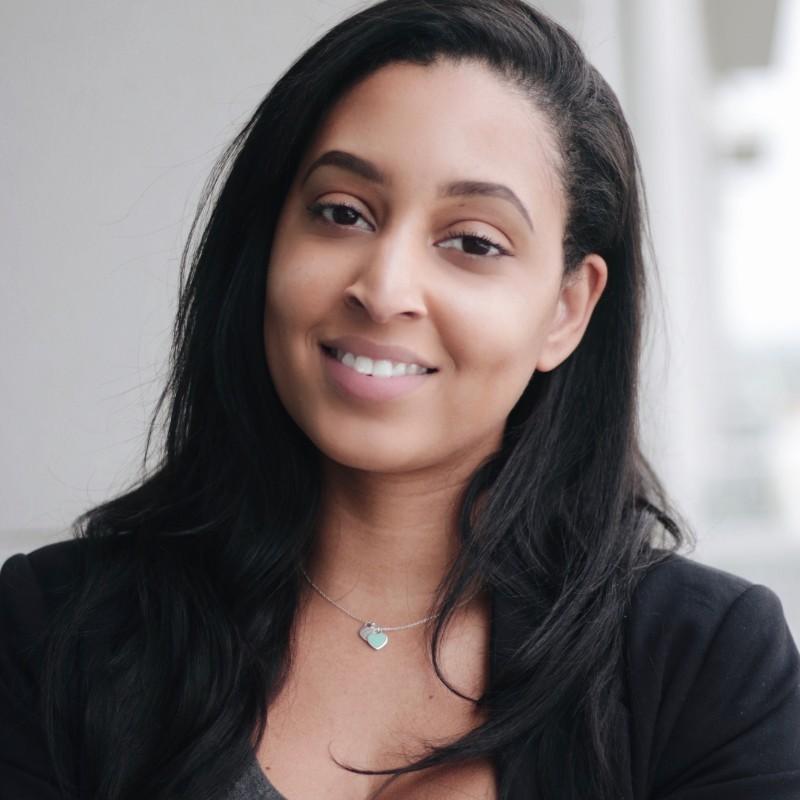How The Racial Wealth Gap Affects Black Millennial Advancement

While it might seem like a buzz phrase these days, the racial wealth gap has existed throughout generations, yet the millennial experience of this gap has been a unique one.
As a Black woman, I was encouraged to achieve any and everything possible. I was told that the sky was the limit and the only thing that could have held me back from success was my own will.
I had all the will in the world, yet constantly found myself feeling like I was behind. My peers, who were mostly Caucasian individuals, were flourishing. While they were making their first adult purchases with the help of their parents (cars, apartments, college tuition), I was on the sidelines looking for alternative means to participate in these milestones.

There was no bucket of money set aside by my family to help me get through. Not only was I behind in assets or purchases, but I was also behind in knowledge. My immediate family lacked the experience and financial literacy needed to properly advise me. My extended family was from the generation that did not believe in discussing finances openly. I resented my family for the struggles I endured because of this.
Additionally, I would read blogs trying to convince me that my feelings were only the result of societal pressures and urging me to unlearn these pressures to find success in my own timing.
It was not until my late 20s that I realized this was the perfect storm of oversimplification, a bit of gaslighting, and a lack of cultural nuance. Yes, society does enable constructs and impossible pressures on young people to become an unrealistic version of success. My core issue was much bigger. What I was experiencing was the result of looming disadvantages that fall under the term “racial wealth gap.” I have always had a basic understanding of the disadvantages African Americans experienced, but I was never aware of a term that encompassed the overall experience and its layers.
Simply put, the racial wealth gap represents economic disparities between racial groups. Some specific factors that contribute to the gap include systemic racism in employment and home ownership, barriers to higher education, and lack of political representation. I realized that my success in life had been affected by every one of these factors and more.
According to the Treasury Department, “the fundamental importance” of wealth in regard to financial security and general wellbeing “makes the large disparities in wealth by race a serious concern for the economic health of families and the U.S. economy as a whole.” Further, recent research from the Federal Reserve Bank of St. Louis shows that the median white family had $184,000 in wealth in 2019 compared to $38,000 and $23,000 for Black families. Also, the median wealth gap between white and Black families has barely changed in 20 years.

Learning about the gap did not suddenly give me the so-called push to catch up to my peers. What it did was reassure me that my looming feelings were real and much bigger than my individual experience. My peers’ mobility was the result of systems designed to support them specifically and privileges afforded to them early in life. They were benefiting from generational wealth.
Generational wealth includes assets that are passed down from one generation to the next. People might transfer money to others directly—through gifts or inheritance, or indirectly, such as covering the expenses for education or using connections to help family members advance.
I noticed this indirect wealth-building in the form of:
– Friends with parents who were college graduates. As a result, the parents were able to advise their children on how to navigate college strategically.
– Friends with parents who encouraged their financial literacy
– Friends with parents who passed along assets they were able to utilize such as college savings funds, property and cars
– Friends with parents who were financially secure
Understanding the racial wealth gap gave me closure and allowed me to work smarter. As a result, I began to accumulate my own wealth and embark on a career of helping families do the same. There are several generations of wealth and knowledge that I was not afforded. As a cycle-breaker, I am dedicated to changing the trajectory of my bloodline, and to overcome this gap.






